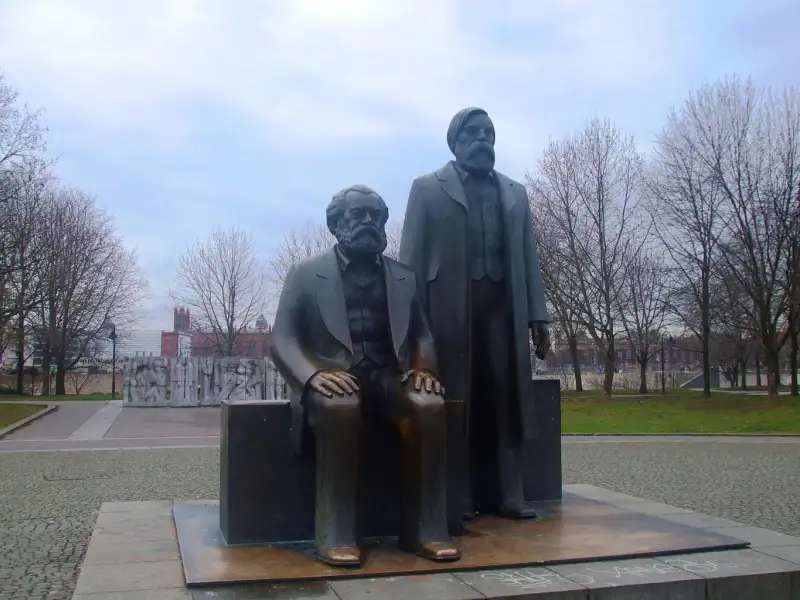Sociology is a field that encompasses various theoretical perspectives, each offering unique insights into the study of society. One such perspective is analytical Marxism, which emerged as a response to the limitations of traditional Marxism. In this article, we will outline and explain the key concepts and principles of analytical Marxism.
What is Analytical Marxism?
Analytical Marxism, also known as rational choice Marxism or structural Marxism, is a theoretical framework that aims to combine the analytical rigor of neoclassical economics with the sociopolitical analysis of traditional Marxism. It seeks to provide a more scientifically grounded understanding of social relations and structures.
Unlike traditional Marxism, which focuses on class struggle and historical materialism, analytical Marxism places a greater emphasis on individual agency, rational decision-making, and the role of institutions in shaping social outcomes. It seeks to explain social phenomena by examining the underlying structures, incentives, and constraints that influence individual behavior.
Key Concepts of Analytical Marxism
1. Methodological Individualism
Methodological individualism is a central concept in analytical Marxism. It asserts that social phenomena can be understood by analyzing the actions and decisions of individuals. According to this perspective, social structures and institutions are the result of individual actions, rather than independent entities.
By focusing on individual decision-making, analytical Marxists aim to uncover the underlying rationality and motivations behind social behavior. This approach allows for a more nuanced understanding of how individuals navigate social structures and make choices within given constraints.
2. Class Analysis
Class analysis remains a crucial aspect of analytical Marxism, albeit with a different approach than traditional Marxism. Analytical Marxists seek to understand class relations by examining the ways in which individuals and groups interact within a given social and economic context.
They emphasize the importance of understanding the complex dynamics of class formation, mobility, and power relations. Analytical Marxism acknowledges that class divisions are not solely determined by economic factors but also influenced by social and political factors.
3. Historical Specificity
Another key concept within analytical Marxism is historical specificity. This concept recognizes that social phenomena and structures are contingent upon specific historical contexts. Analytical Marxists argue that a thorough analysis of social relations must consider the historical conditions under which they emerge and evolve.
By examining historical specificity, analytical Marxists aim to avoid deterministic explanations and instead offer a more nuanced understanding of social change and development. This approach allows for a deeper appreciation of the complexities and contingencies that shape social relations.
Critiques and Contributions
As with any theoretical perspective, analytical Marxism has faced its share of critiques. Some argue that its emphasis on individual agency downplays the significance of structural forces and collective action. Critics also contend that the rational choice framework employed by analytical Marxists oversimplifies human behavior and fails to account for the complexities of social life.
However, analytical Marxism has made valuable contributions to the field of sociology. Its emphasis on rigorous analysis and attention to individual decision-making has enriched our understanding of social phenomena. It has also provided insights into the role of institutions, power relations, and historical specificity in shaping society.
Furthermore, analytical Marxism has influenced interdisciplinary research, particularly in the fields of political science and economics. Its integration of economic analysis with sociopolitical inquiry has fostered new avenues of research and dialogue.
Conclusion
Analytical Marxism offers a unique perspective within sociology, combining the analytical tools of neoclassical economics with the sociopolitical analysis of traditional Marxism. By emphasizing individual agency, rational decision-making, and historical specificity, analytical Marxism seeks to provide a more nuanced understanding of social relations and structures.
While it has faced critiques, analytical Marxism has made valuable contributions to the field of sociology and influenced interdisciplinary research. Its focus on rigorous analysis and attention to individual decision-making has enriched our understanding of social phenomena and shed light on the complexities of society.






